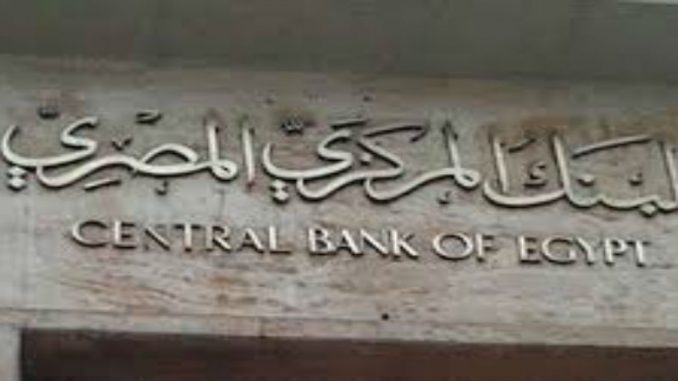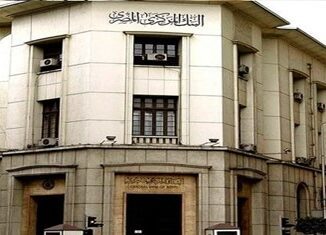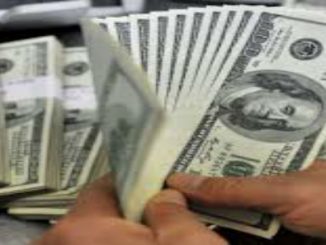
Egypt’s central bank raised its key interest rates by 200 basis points, citing stronger economic growth and falling unemployment, confounding the expectations of economists who forecast rates were unlikely to change, reported Reuters.
At a meeting of its Monetary Policy Committee, the bank hiked its overnight deposit rate to 16.75 %from 14.75 %and its overnight lending rate to 17.75 from 15.75 %, according to its statement.
In fact, this was the bank’s first increase in rates since an aggressive hiked of 300 basis points in November.
Last November, Egypt floated its currency and it has roughly halved in value since then. The move helped it clinch a three-year $12 billion International Monetary Fund lending program tied to economic reform program such as tax hikes and subsidy cuts.
According to the IMF, lowering inflation is key to keeping its economic reform program on track and said as recently as last week that raising key interest rates could be an appropriate tool for doing so.
Since the currency float, inflation has soared to a three-decade high with annual urban inflation reaching 31.5 %in April.
The bank said “its tighter stance is not to offset effects of supply-shocks” but instead is intended to curb “inflation expectations and the build-up of demand-side pressures,” a possible reference to the impact of the currency float.
Some economists, however, have argued that price rises related to one-off shocks such as the currency float can not be corrected by higher interest rates, which they say may simply sap economic growth by reducing new investment.
A research note from Arqaam Capital said, “We believe that a hike in the CBE corridor interest rates might not be the appropriate tool to curb inflation and would render investment irrational at such high cost of debt rates.”
In the same context, Radwa el-Swaify, the Head of Research at Pharoes Investment Bank said that the the economic condition in Egypt can’t bear raising the interest rate now.
She added that raising the interest rate won’t have positive results,instead it would lead to negative repercussions, most notably,the withdraw of foreign investments from treasury bills;especially that foreigners are currently investing in treasury bills because of what they see as an appropriate rate in the current interest rate.
In addition,raising interest rates will probably increase in the budget deficit under the item of “debt service”.
She also clarified that the best solution now is to maintain the current interest rate, which is already high, rather than raising it more farther, until the inflationary wave is contained and the price rise is controlled in the Egyptian market.
In addition, Hani Tawfik, the economic expert, said that the IMF recommendation to raise the interest rate in Egypt isn’t suitable at the current moment,saying that the IMF solution for resolving economic crisis is classical and doesn’t suit the political situation in many cases.
Tawfik added that raising the interest rate won’t solve the inflation in Egypt especially that the problem resides in the increase in the dollar’s price and the cost of goods production.
He added that countries’ resort to raise the interest rate,as a solution to inflation,when inflation occurs as a result of economic prosperity and increase in demands.
Economists polled by Reuters last week overwhelmingly expected rates to remain unchanged, with 13 of 14 economists predicting them to stay put amid lower lending growth in recent quarters.



